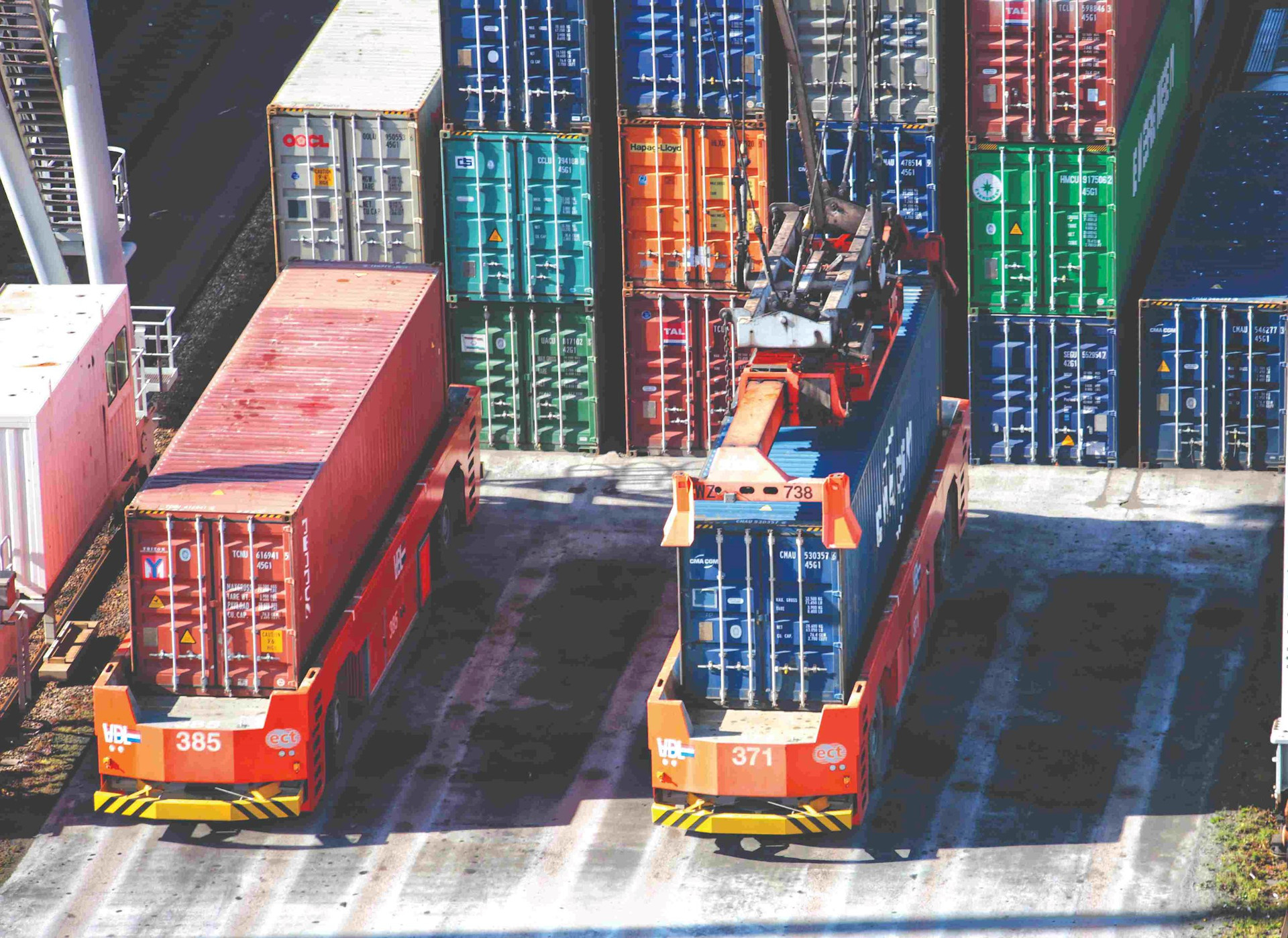International payment for exported goods potential risks always exist
Information about a shipment of 5 containers including pepper, cashew nut, cinnamon, anise worth nearly half a million us dollars having payment problems in the UAE is the focus of enterprises who are exporting agricultural products in particular and businesses import and export industry in general. Many options are proposed to limit risks in international trade for Vietnamese enterprises.
However, what will be the feasible option, especially for small and medium enterprises that first step into the big sea.
The current technological trend in the 4.0
era has helped communication overcome
geographical barriers. However, international
transactions including the transportation of goods
and payments are still governed by international principles as well as the management of each country in the role of export or import side.

Giving trust to banks or logistics enterprises?
The reason that the Vietnamese exporter
has not received payment from the buyer in
Dubai (importing country) as we may know is
because the documents have not been sent
to the correct receiving bank address, and
the importer receive a set of documents. If
the above information is true, it is certain
that the role and responsibility of the
international express delivery unit
(transporting the set of documents)
is not small. However, from
a business perspective,
to control risk we
cannot rely solely on these units. That is not to mention the regulation on compensation for lost documents or wrong delivery of the object, which has been minimized by the courier units, even the determination of the compensation value does not depend on the value of the cargo or the documents themselves which the carriers are responsible for shipping.

The question is why the exporters in this case do
not use the payment method of letter of credit
(L/C) or the more common method of money
transfer via bank called Telegraphic Transfer (T/T).
In case businesses are transacting with each other
for the first time or have not yet gained certain
trust, the L/C method is always recommended. In
accordance with the provisions of the applicable
Documentary Credits Unified Rules and Practices
UCP600 allows the bank to act as a consignee
instead of the actual importer. Different from the
D/P method, which is regulated by the unified
rule on collection URC522, the documentary credit
method ensures that in case a set of documents
is lost or the shipping unit delivers the wrong
recipient, this false recipient after having the set of
documents still impossossible to complete the import procedure because the transfer endorsement procedure has not been completed at the bank.
On the other hand, according to Dr. Byron Lee –
Chairman of the Hong Kong Logistics and Shipping
Association (HKSTLA), the T/T payment method
seems to contain many risks, but if the exporter
combines with a reputable Logistics service
provider and a good network of international
agents (Network Agent), by issueing Surrendered
B/L or Telex Release to the right subjects after
receiving payment according to contract is
completely controllable. Thus, the role of enterprises
operating in the field of Logistics, especially related
to international transportation, has always played
an important role in addition to bringing goods to
the right place, but also contributing to ensuring
the delivery of goods. the right person and at the
right time.
The story needs national involvement
In addition to closely coordinating with financial
intermediaries such as banks or logistics units,
exporters must always pay attention to even the
smallest and unusual factors in any international trade activities. For example, the time of establishment of the importer or the bank in the importing country has a certain reputation or not. However, verifying the above factors has never been easy, especially for small and medium-sized businesses in Vietnam.
From the above difficulties, it is thought that the role
of trade promotion departments, trade counselors
in other countries or import-export departments
should have mechanisms and tools to support
and protect Vietnamese exporters, especially This
is for a group of items that are difficult to trace
and easy to subdivide and resell as agricultural
products. Specifically, activities can be mentioned
such as providing a list of importers under warning
or economic zones where situations related to
international fraud are arising.
In addition, the information linking between different
countries should be implemented synchronously
and drastically in order to build healthy international
trade activities as well as update new regulations
related to financial activities to be consistent.
with business practice. In the case of the above-
mentioned agricultural export enterprises, proving
that any bank staff (even the security department)
received a set of documents from the delivery unit,
and at the same time the buyer himself (consignee)
has completed the procedures to receive the
shipment in accordance with the contract, the
payment to the exporter is completely grounded.
Once again, we see that in business in general
and international trade in particular, the role of
industry associations, logistics service business
associations, and representative state agencies in
foreign countries plays an important role. It plays
a very important role in supporting businesses
in solving difficulties and minimizing losses when
incidents occur.

